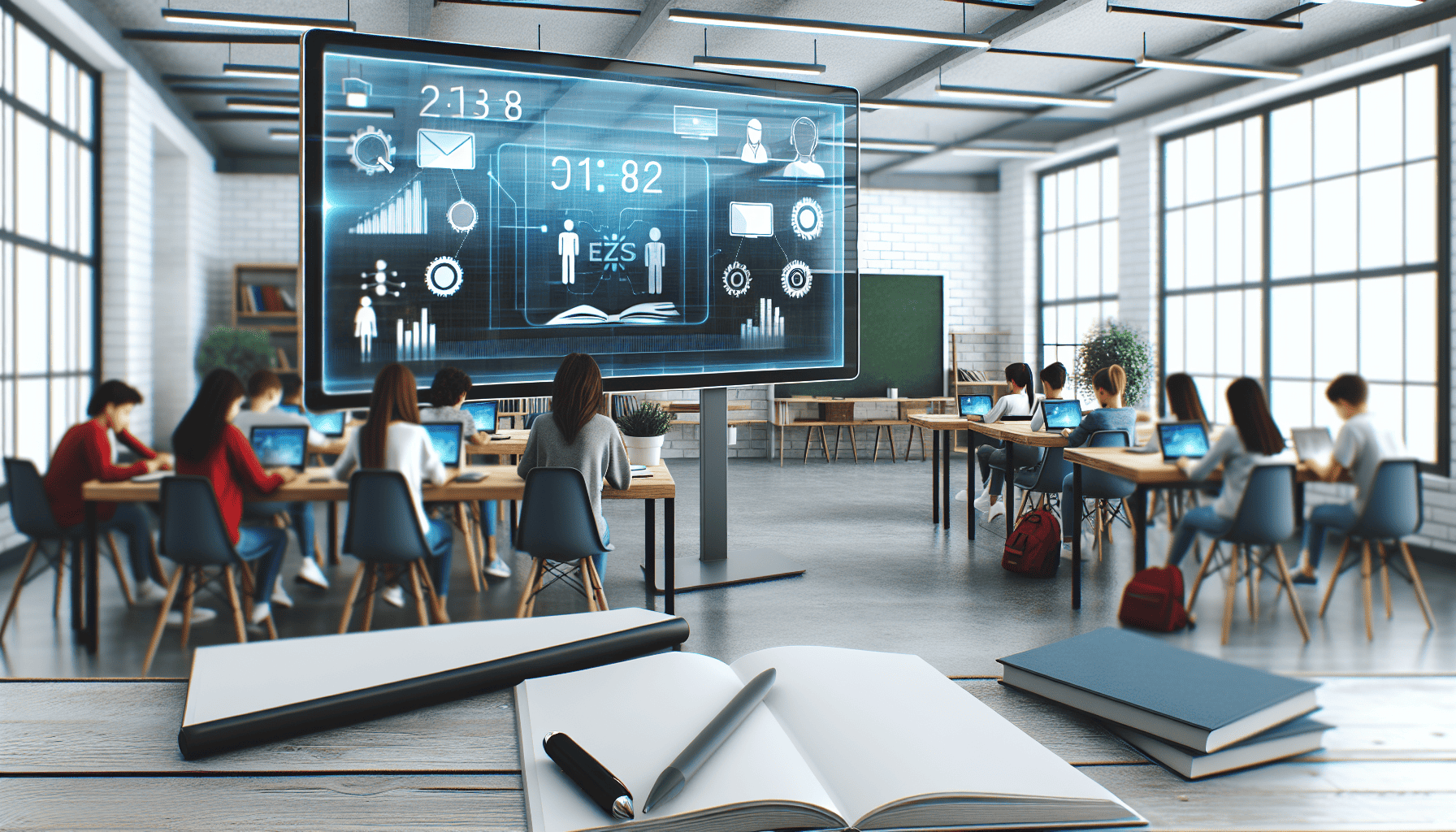Artificial intelligence (AI) is rapidly transforming various domains, and education is no exception. By introducing advanced tools that personalizate and streamline the learning process, AI is reshaping educational paradigms to foster individual learning experiences. Here's how AI innovatively redefines education, from classrooms to remote learning environments.
One of the most profound changes brought by AI is the enhanced capacity for personalized learning. Traditional education systems often employ a one-size-fits-all approach, which can overlook the diverse learning paces and styles of students. AI-powered platforms, however, analyze vast amounts of data about a student’s performance, preferences, and areas of improvement to tailor educational content accordingly. This personalization ensures that students receive instruction and practice that is most beneficial to them, increasing engagement and effectiveness.
Moreover, AI facilitates adaptive learning through intelligent tutoring systems. These systems provide continuous feedback and adjust learning materials in real-time based on a student's progress. They mimic the one-on-one guidance a teacher offers, thus supporting students in areas where they struggle and advancing them where they excel. This adaptability not only boosts confidence but also fosters a sense of autonomy in learners, encouraging them to take charge of their educational journey.
In addition to personalizing the learning experience, AI helps bridge gaps in educational accessibility. Many students around the world face barriers to high-quality education due to geographical, economic, or social constraints. AI-driven educational tools and platforms, accessible via the internet, democratize learning by reaching remote or underserved areas. These tools offer a range of educational resources and exercises at the learners' convenience, ensuring that quality education is within reach for more people than ever before.
Furthermore, AI opens doors to innovative teaching methods such as gamification, virtual reality (VR), and augmented reality (AR), which transform education into a more engaging and immersive experience. These methodologies allow learners to explore complex concepts interactively, fostering deeper understanding and retention. For example, a history class can be enhanced using VR to transport students to ancient civilizations, promoting experiential learning far beyond the capabilities of traditional textbooks.
AI also plays a critical role in easing administrative burdens for educators, enabling them to focus more on teaching and student interaction. AI can automate mundane tasks such as grading, attendance tracking, and data management, allowing teachers to allocate their time and energy towards more meaningful instructional activities. This not only improves educator efficiency but also enhances the overall educational experience for students as teachers have more bandwidth to innovate and support personalized learning journeys.
Despite the undeniable benefits, integrating AI into education comes with challenges that must be addressed. Concerns about data privacy, the digital divide, and the potential for algorithmic biases require thoughtful solutions to ensure that AI benefits are equitably distributed. Policymakers, educators, and technologists must collaboratively work to navigate these challenges, developing ethical guidelines and robust infrastructure that uphold the integrity and inclusiveness of AI-powered education.
In conclusion, AI is revolutionizing the educational landscape by fostering personalized learning, increasing accessibility, and introducing innovative teaching strategies. Its potential to transform education is vast, promising a future where learning is more adaptable, equitable, and engaging for students globally. As AI technology continues to evolve, it holds the power to not only enhance learning outcomes but to fundamentally redefine the way education is approached and practiced worldwide.
